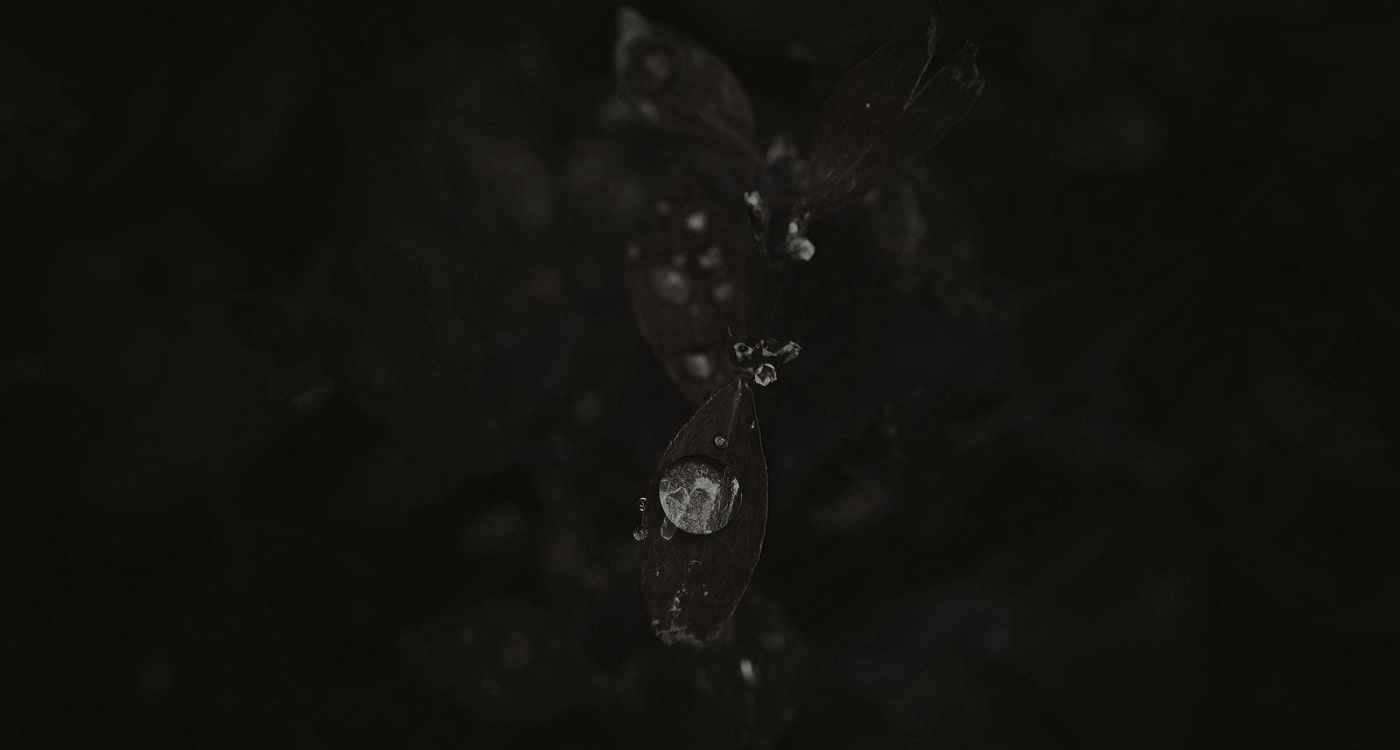Pala
There are places in the wilds of Tenwä where the folk, or forces of nature, dance and dwell. Some call them spirits, others gods. Whatever the truth may be, where they have gathered man is not welcome. Marked by an unseen wall strongly felt by anyone who draws near, these hidden corners of the world can only be entered by those who are invited.
There may be ways, though not always, to tell by sight whether a particular location is safe to travel through, as many palaï have some feature unusual for the region at large. A small, still pond far away from all other water; a vast, dead oak, gray of bark and white of leaves, standing stalwart and alone at the heart of a clearing; a sunken pit with a flame that will never burn out, or perhaps a great black pine reaching far above the tree tops around it.
A well of power
Eltiri magic was founded on the concept of calling and guiding nature's forces into forms and directions different from its natural course. As such, there was hardly a sage, wiseman or a wandering seeker who did not wish for permission to enter these sacred sites.
Those who did manage to gain acceptance of these sacred places and their folk, could draw strength directly from them. Those who failed, however, could experience any number of consequences and side effects ranging from temporary inconvenience to death, and worse.
A place of ritual
From the time of the old Eltiri, palaï were places of ritual and sacrifice, entered only when needed and only by those who had reason to. Most often said reason was a ritual, sometimes with sacrifices—a way for the Eltiri to repay and give back what they had been given, to keep balance between the forces of man and those of nature.
The Eltiri spoke of old oaths taken when their people first entered the wilds of Tenwä, and though much of the details of those times was lost to ages, the rituals remained an important tradition in all northern cultures until the people themselves were no more.
I thought I could make them obey, if only I was fast enough. Jump past that barrier that sought to seize my stride and paralyze my mind, and latch onto that impossible wellspring of pure, absolute power until the spirits surrender.
They—it knew. The moment I leaped in, it was as if the wilds themselves looked into me, pierced through my head and knew. It was one and many, a raging river—rapids, flowing and whirling around me with such hatred, I—
I tried to leave, the moment I realized. There was no chance, if I stayed, the place, the power, it could end me so easily. But it didn't let me. I fell onto my knees, hands pressed against my head as the forest screamed in my head and pulled the air from my lungs, with trees all the while howling around me.
I don't know how long I was passed out for, but when I woke up, just outside the pala, it was in perfect silence. My head still pounded with a steady, dull beat, and my back ached from where—I assume—it hit the trunk of a tree as I was thrown out of that clearing. I could smell the sickly sweet tang of blood, though it took a while to realize how badly my ears had bled.
"Break the oath and pay the price", my aunt—our wisewoman—used to say. And I thought that was it, that I could go home and leave the folk of nature alone and that would be that. But I've been walking for days, now. It didn't take this long to get from my family to the clearing.
Leaves and berries keep itching my hands and throat if I try to pick up and eat anything. Any water I find tastes like rot. Does it want me to die? "Break the oath and pay the price", but isn't this too much?
kaïhtëal rakkënon küdelli
olwënno kattï löndeäl alluwï
ahttaï lunas lönde.
serie lennän lillenön, elpein nüminön
paï olleillï an, nasïnon olwanon


Comments